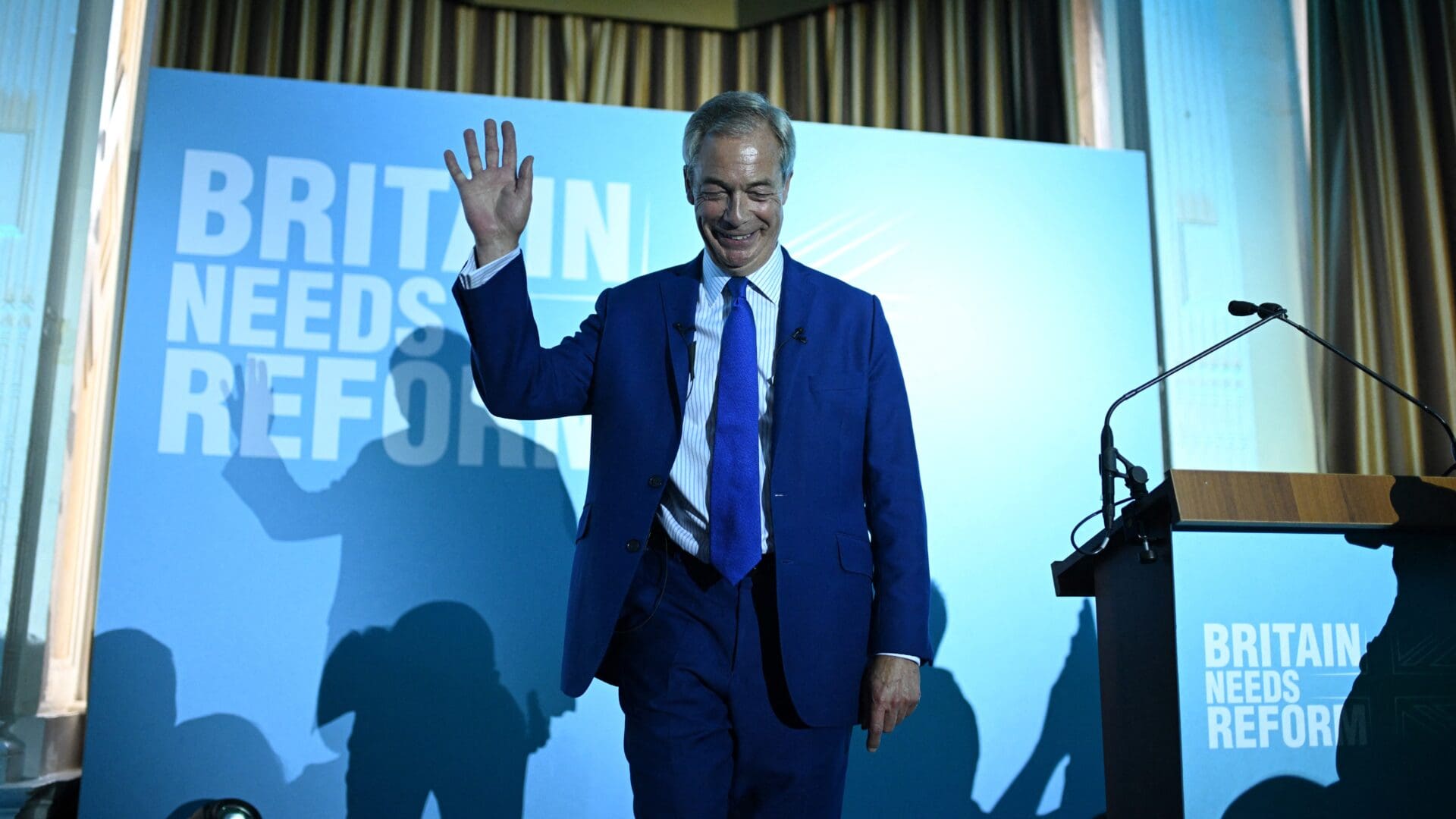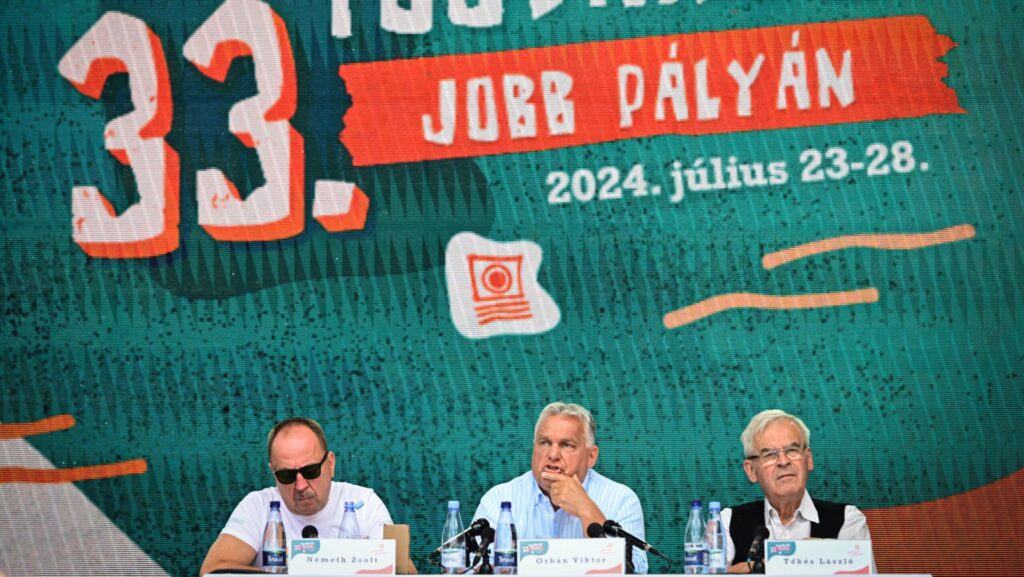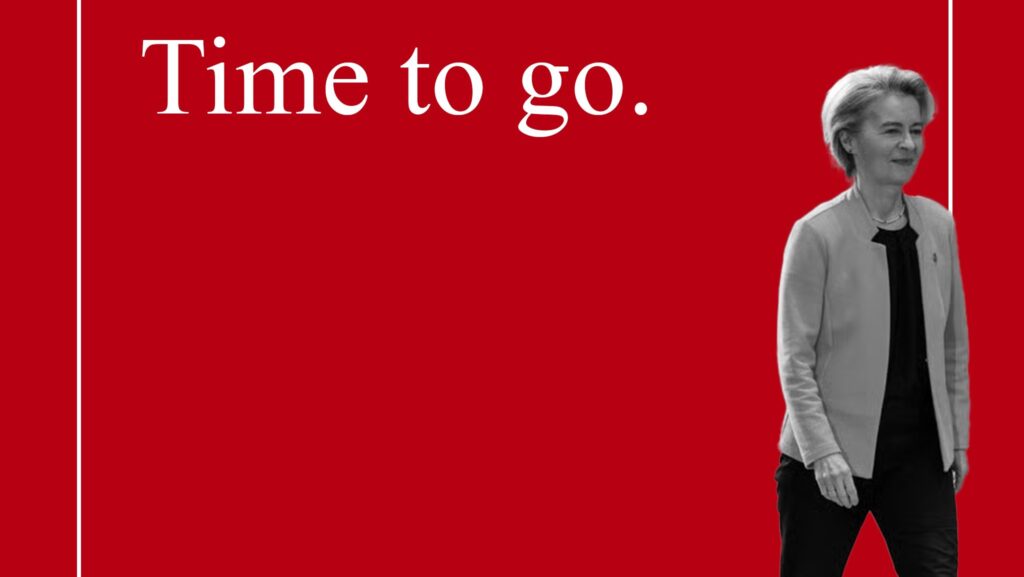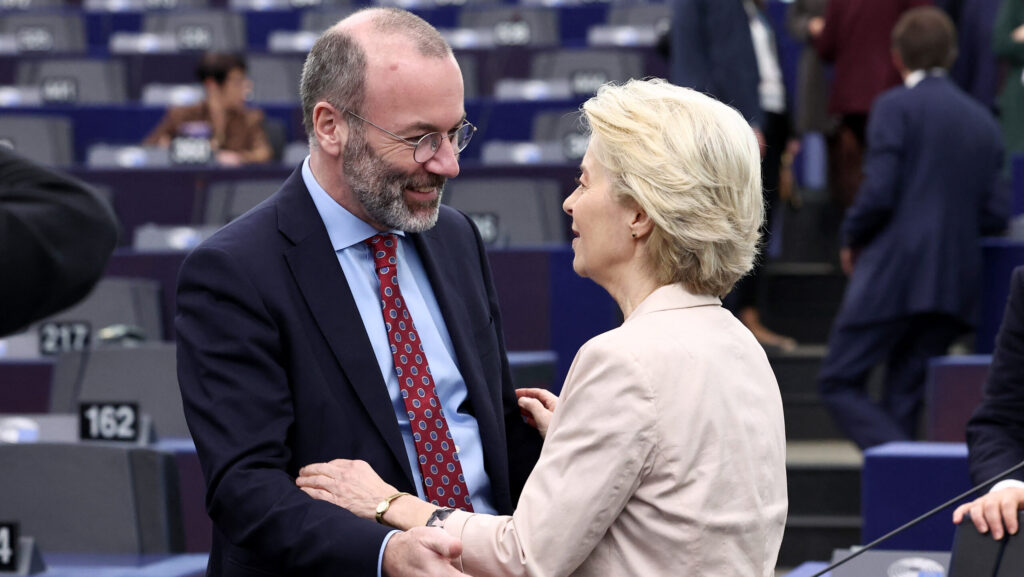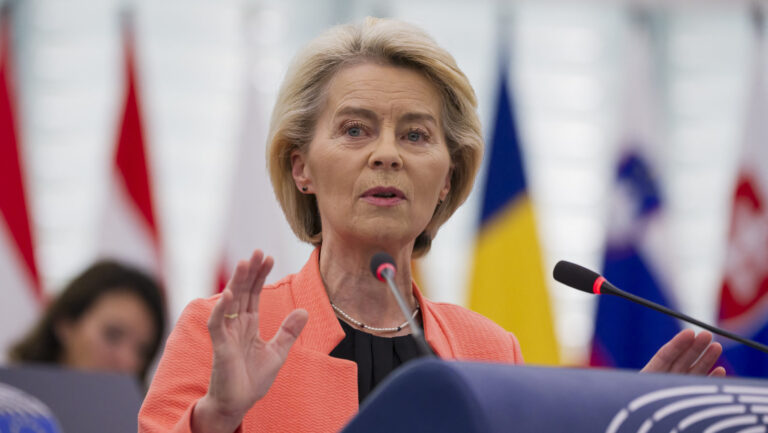It seems painfully clear that the Tories have become entrenched in their outstandingly ineffective governance. To bring about the certain defeat as early as possible, Rishi Sunak, the third Conservative Prime Minister of this term, has called for early elections to be held on 4 July. But what can we expect? Who can win? What do the parties think about Hungary, about Viktor Orbán, and about the issue that matters most to us: the war in Ukraine?
There is no doubt that the Labour Party will emerge victorious.
The polls suggest that they will receive over 40 per cent of the votes, while the Tories, who could even be overtaken by the surging Reform UK party, are languishing at around 20 per cent.
In other words, a historic Labour victory is on the cards (there is a 94 per cent chance of an independent Labour majority). Even a two-thirds majority could be possible; and all this after having been nowhere near the helm since 2010. What has happened to the party since then? What is its view of the world now? We remember the era of Tony Blair and Gordon Brown, if only because one of Blair’s biggest fans, Ferenc Gyurcsány, ruined Hungary as Prime Minister. But 14 years have passed since then, and for the Labour Party, Hungary has neven been an ally. Should we worry?
The Labour Party is currently led by Keir Starmer, who was brought in to modernize Corbyn’s worn-out 20th-century socialist policies. Actually, Starmer hasn’t really said anything about Hungary yet. This could be a good sign, but don’t be fooled, there have been plenty of disapproving comments by Labour politicians concerning Hungary. In 2018 Labour Party MEP Alex Mayer said, ‘The British government has some tough questions to answer if it thinks Orbán’s actions are compatible with British, let alone European, values.’ ‘Labour MEPs will vote to hold Viktor Orban’s government in Hungary to account. The Conservatives must do the same, and [British Prime Minister] Theresa May should condemn his attacks on judicial and media independence, denial of refugee rights, and pandering to anti-Semitism and Islamophobia,’ lied Corbyn also in 2018. ‘Theresa May should do what Gove failed to do and condemn the Hungarian government’ for its ‘authoritarian and anti-democratic practices,’ Shadow Minister for the Cabinet Office Jon Trickett opined. In addition, in a case described as ‘disgusting’ and ‘corrupt’, Labour Deputy Leader Angela Rayner commented that it was ‘what we would have expected from Orban’.
The list could go on and on, not to mention the gender issue: there are plans to make sex reassignment surgery easier, such as removing the need for spousal consent.
As for the view of the Labour Party on the war in Ukraine and arms transfers, when Shadow Foreign Secretary David Lammy and Shadow Defence Secretary John Healey visited the country’s capital, Kyiv this May, they stated that a ‘Labour government would have an ‘‘iron-clad commitment’’ to supporting Ukraine against Putin’. In fact, the aim of the visit was to discuss a ’new UK plan’ to help ensure victory against Russia’s ‘imperial invasion’.
It is crystal clear that we are out of step with the Labour Party in terms of party politics and worldview.
But are we with the Tories?
Certainly yes on the war front. It is enough to recall Boris Johnson’s trips to Ukraine, or David Cameron saying that Ukraine can strike inside Russia with British weapons, while also pledging £3 billion of annual military help to Ukraine for ‘as long as it takes’.
Still, one thing is for sure: in European politics and personal working relations, we have had good relations with the Conservatives, with Boris Johnson even inviting Viktor Orbán to 10 Downing Street and Rishi Sunak trying to strike a friendly tone. We agree on gender and migration, but not on war and other conservative Christian faith issues.
Nevertheless, the Tories will be swept away by popular anger on 4 July. Then, who’s left? No one else than the infamous Nigel Farage. And it is exactly the Conservative Party’s obfuscation and identity crisis that Brexit leader Nigel Farage has used to launch the Reform UK party.
Farage is a great ally of Donald Trump, a supporter of the Republicans, and a possible leading figure of the new Western conservative revival. ‘Orbán is the future of Europe,’ said Farage earlier. Farage is also anti-gender, anti-migration and pro-peace: the ‘West should talk peace with Putin over Ukraine,’ he stated bravely just a few days ago.
Farage’s breakthrough is far from assured,
and his divisive personality, perhaps a little too strong for Britain, as well as his celebrity and media coverage may deter voters. However, his bold political movements, that is, opposing the ‘establishment’ by saying and doing everything radically different from other parties could be a way through these turbulent times.
With Labour almost certain to win, the UK could have an unusual election, as there is no need for tactical voting. Because of Britain’s first-past-the-post electoral system, people have always been made to vote for the ‘lesser of two evils’ rather than for whom they really want. This could now change, with a clear winner and loser, which may result in the rise of the smaller parties. Additionally, with the Labour Party being declared the winner in advance, their results could end up worse than expected. It could also mean that the Conservatives end up behind Farage, sealing their fate.
All in all, there are a few things to be considered regarding the upcoming election in the UK:
- The election results will matter—the world’s sixth largest economy elects.
- There will certainly be a change of government after 14 years.
- The British political and party system could be completely reshaped.
- The Tories will either be renewed or face extinction.
- From a Hungarian perspective, the result of the election will clearly not be advantegous.
- Farage’s progress is uncertain; it will be decided in the polling booth whether he can emerge as a new conservative leader or not.
- A very slight weakening of the pro-war vote can be expected.
- Labour’s ambitious social spending will have to be funded, but it is not clear from where exactly.
Read more:

